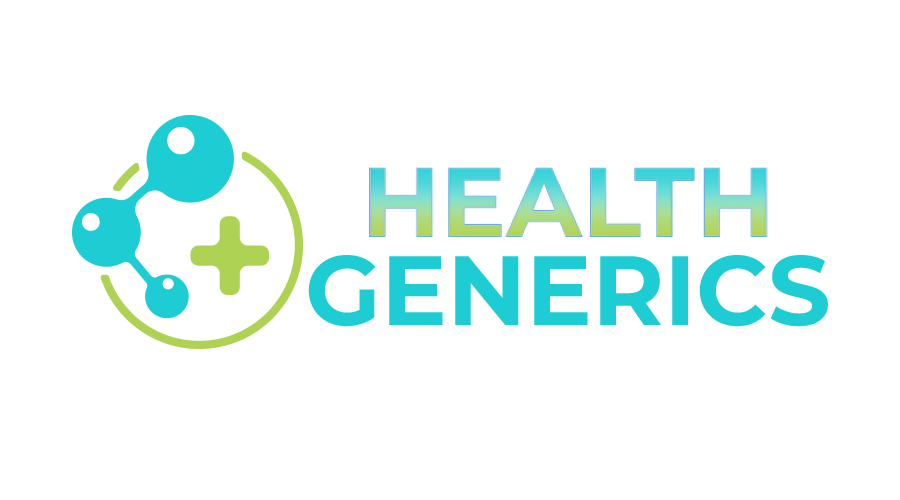File name: depressed-anxious
Alt-text: A person sitting on the floor
If you experience anxiety, you might often feel nervous, afraid, or worried, even in ordinary situations. These distressing emotions can be challenging to navigate and significantly impact your daily life.
What’s worse is that anxiety can even manifest in physical symptoms. For instance, anxiety can cause your hands to sweat, your legs may shake, or it may make you feel dizzy.
This post aims to create awareness about the physical symptoms of anxiety and how a functional medicine approach in South Carolina can be helpful.
Physical Symptoms of Anxiety
Anxiety can trigger diverse physical symptoms, which may vary from person to person. Recognizing these signs will allow you to seek tailored care that best addresses your needs.
Some physical symptoms of anxiety include:
1. Fatigue
Fatigue ranks among the most prevalent physical symptoms linked to anxiety, depression, chronic stress, panic disorder, and other mental health conditions.
Persistent anxiety places both body and mind in perpetual tension and alertness. The mind incessantly searches for potential threats in the internal and external environments, resulting in physical strain and emotional distress. This constant state of high alertness eventually culminates in mental and physical exhaustion that persists even after a prolonged period of restful sleep.
2. Digestion Issues
Both stress and anxiety have significant impacts on digestion. Stress can lead to slowed digestion, resulting in bloating, pain, and constipation.
On the other hand, anxiety can accelerate digestion and lead to diarrhea. Moreover, stress can exacerbate existing digestive conditions, such as irritable bowel syndrome (IBS) and stomach ulcers.
3. Breathing Difficulties
Shortness of breath is another physical symptom of anxiety, with individuals thinking they’re experiencing a heart attack or lung issues.
However, its commonly caused by hyperventilation, where rapid breathing leads to excessive oxygen intake and carbon dioxide expulsion. Although harmless, this phenomenon can trigger choking sensations, throat constriction, or inadequate air intake.
4. Chronic Pain
Several chronic pain disorders commonly occur alongside anxiety. Moreover, increased anxiety levels are associated with body aches and pains, including chronic neck pain.
5. Headaches
Headaches and migraines often stem from tension, especially in the shoulders and neck. Facial tension, teeth grinding, hyperventilation, and poor posture can also contribute to these conditions.
Anxiety-related physical symptoms commonly include dull aches, sharp pain, or a feeling of pressure around the eyes and head. Furthermore, anxiety can disrupt hormonal balance, leading some women to experience increased migraines triggered by hormonal fluctuations.
6. Heart Problems
Anxiety can have notable effects on your heart’s health. There is a connection between anxiety and heart conditions, leading to symptoms like rapid heart rate (tachycardia), palpitations, or elevated blood pressure.
File name: Distressed person
Alt-text: A man sitting on a table with his head in his hands
Functional Medicine Approach for Anxiety
The Functional Medicine approach to anxiety treatment involves a personalized and comprehensive plan, incorporating diet, nutrition, and lifestyle adjustments such as stress management and physical activity.
1. Nutrition
Epidemiological evidence suggests that adopting a Mediterranean-style diet rich in vegetables, fruits, nuts, lean protein, whole grains, and legumes while minimizing sugar intake may reduce the risk of anxiety.
2. Nutritional Supplements
Nutritional supplements can play a role in addressing nutrient imbalances that contribute to the condition. However, they should be viewed as a complement to a balanced nutrition plan. The primary focus remains on maintaining a healthy diet, with nutritional supplements serving as additional support in conjunction with other lifestyle changes for optimal outcomes.
3. Exercise
Besides maintaining a healthy diet, exercise is extremely important in promoting overall health and well-being. Both aerobic and resistance exercises significantly alleviate anxiety, making them valuable additions to a comprehensive approach to addressing this mental health condition.
4. Stress Management
Relaxation practices like deep breathing, meditation, and yoga can alleviate anxiety symptoms. Whether practiced in a group setting, such as a yoga class, or individually at home, each technique supports mental well-being. Engaging in even a single session of deep breathing can positively impact anxiety symptoms, making these practices convenient and efficient ways to promote progress.
File name: Happy-woman
Alt-text: A smiling woman holding a balloon
If you’re struggling with anxiety, consider exploring the benefits of functional medicine atRyze HRT.
Their well-rounded and individualized approach, encompassing diet, nutritional supplements, lifestyle modifications, and more, can help address the root causes of anxiety and provide comprehensive support for your mental well-being.
By incorporating the expertise of their skilled professionals and embracing a holistic perspective, you can pave the way towards a more balanced and fulfilling life, free from the burdens of anxiety.
Contact Ryze HRT in South Carolina today.
